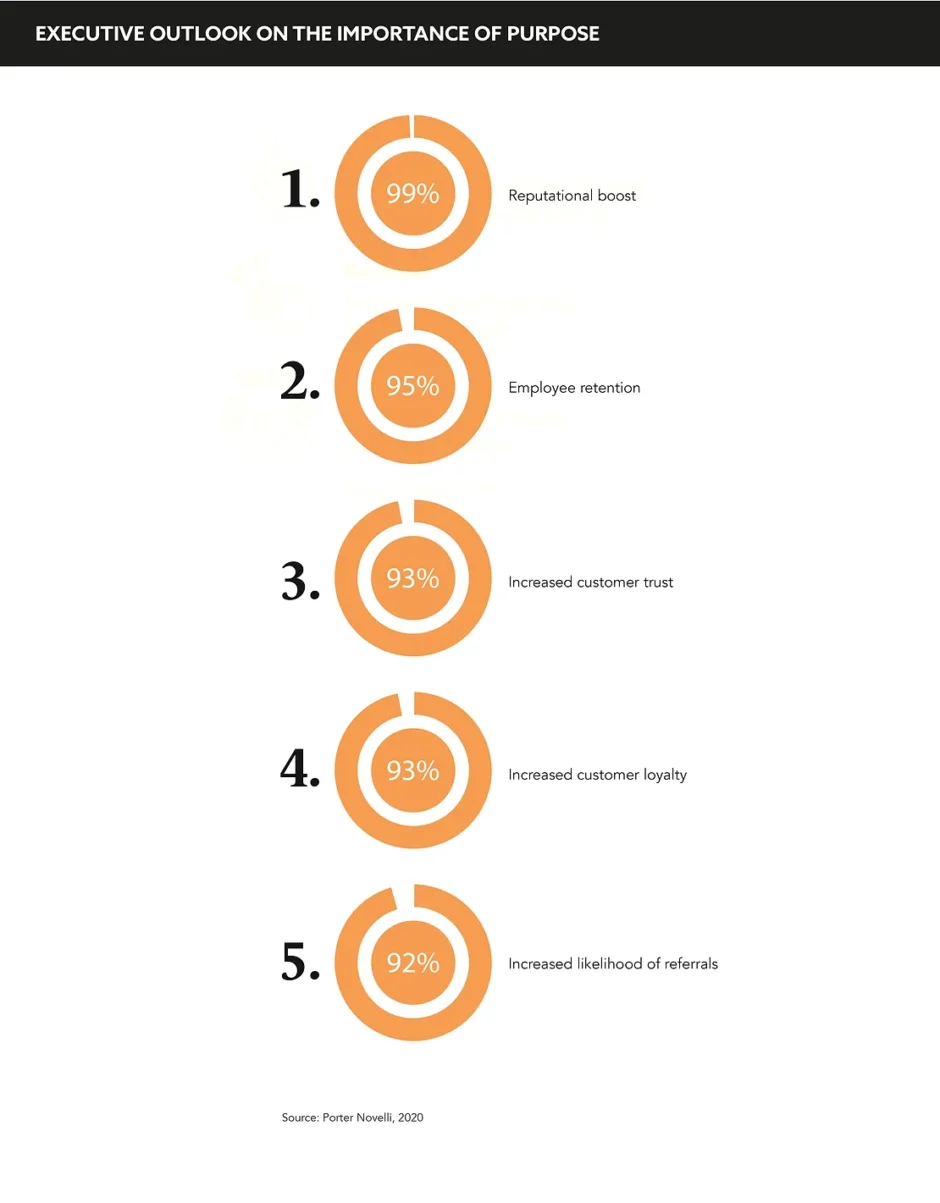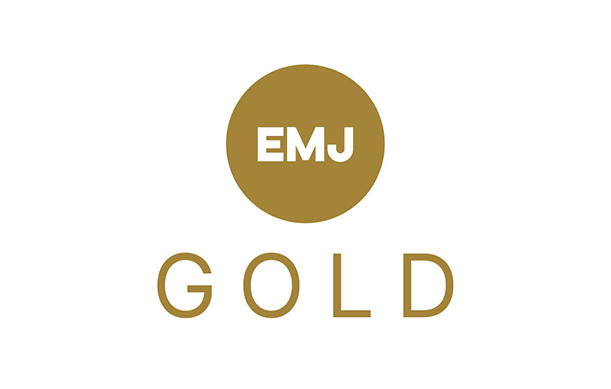The corporate environment is evolving, and ‘purpose’ is more important than ever to young recruits looking for their next role. We examine how the pharmaceutical industry is embracing the importance of purpose for retention, reputation, and brand differentiation
Words by Michaila Byrne
As time goes on, our collective conceptions of success and priorities as a culture undergo a natural evolution dependent on the era. Before the days of social media and international travel, an individual’s ‘purpose’ was commonly centered around their ability to provide and care for their own family. Moving into the ‘post-world-war prosperity’, latter half of the 20th century, motivations shifted to the pursuit of wealth and status. In 2021, companies are wrestling with a new definition of ‘purpose’, one that draws a direct correlation between professional fulfillment and a person’s impact on society and the environment.
For industries such as pharmaceuticals, their purpose may appear inherently obvious. But with new recruits caring more and more about wider causes, companies must now go above and beyond to communicate their purpose and find value alignment with employees on the things that matter to them.
Over 70% of Generation Z have said that they value purpose over pay cheque
“Work is the direct expression of one’s purpose and goals,” states Sandra Horning, Former Executive Vice President, Chief Medical Officer, and Global Head Product Development, Genentech and Roche, speaking at the 2021 HBA European Leadership Summit. Historically, organisations have been defined by their number of people, budgets, and assessments. Speaking at the same event, Sumant Ramachandra, President, Pharmaceuticals, and Senior Vice President, Chief Science and Technology Officer, Baxter International, explains his desire to challenge this paradigm and embrace the generational shift that we are seeing in the incoming cohort of employees: “Over 70% of Generation Z have said that they value purpose over pay cheque. That doesn’t mean pay cheque is not important, but they are joining companies that have an impact potential. This is really important for us to remember as we recruit, manage, and lead that next generation of leaders: developing and growing purpose is incredibly important.”
An emphasis on diversity, positive mental health, and work–life balance are, according to Lisa Banks, Vice President and Global Head of Digital Innovation, GSK, all-important considerations for millennial workers: “They [millennial workers] currently make up the largest percentage of the workforce, and will do for some time…63% of workers under the age of 35 say that the primary purpose of business should be about improving society.” Simply put, their desires cannot be dismissed, and even for an industry that openly prides itself on having an intrinsic and self-evident sense of purpose in improving health, pharma isn’t exempt from this: “We can’t rest on our laurels about the single purpose of healthcare; it’s also looking at purpose when it comes to the impact on the environment, for example.” Horning corroborates this point, stressing how important it is for institutions to demonstrate empathy and navigate ambiguity with confidence and humility: “We are living in turbulent times with great change, social unrest, and environmental challenges. Corporations are expected to step up and embrace these areas.”
Companies also have a lot to learn from these younger digital natives, who possess a level of data literacy and a unique perspective on technology that can add value to the future of organisations. Banks strongly encourages reverse mentoring and recommends that leaders stay curious and embrace this perspective, rather than fearing it: “Through some of our analysis in roles we recruit for, specifically in the digital space, there’s a lot of millennials applying because they have relevant qualifications in more advanced technology areas. That is a pool that the Amazons of this world are fishing in, and we are as well…We must be open to learning from others. When we look at a group, we look at the experience they have as well as the technical skills they can bring.” However, companies must simultaneously build capabilities by providing HR support for these recruits to be able to work effectively: “We need to remember that it’s easier to attract than to retain talent,” explains Celine Chevrier, Europe, Middle East and Africa Strategic Solutions Digital Healthcare Director, Cardiovascular Franchise & France MD, Johnson & Johnson. “To avoid skill mismatch with our ambitions, attracting new talent is for sure our key priority in the upcoming years and is what we try to achieve at every level of the organisation.”
Above all, cementing and cultivating a culture where colleagues are learning and adapting to this changing environment will be crucial. Citing books by Carol Dweck and Adam Grant, Masum Hossain, Regional President, International Developed Markets, Oncology, Pfizer, stresses the importance of striving for the right mindset and culture, and advocates for a learning culture built on psychological safety and accountability: “People with a growth mindset put much more energy into learning, and the employees of companies who embrace a growth mindset report feeling far more empowered and committed.” The permission to make mistakes without being judged will inevitably lead to more experimentation, better decisions, and overall better performance.
Aspects of a person’s life are now overlapping more than ever, and it’s no secret that current employees and new recruits are taking note of organisations’ sense of purpose and accountability. If pharma can elevate beyond drug development to discover new ways to contribute positively to society, they can attract top-tier talent who will grow to become the leaders of tomorrow.







